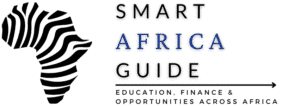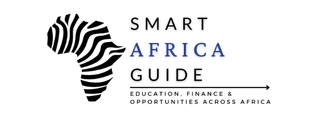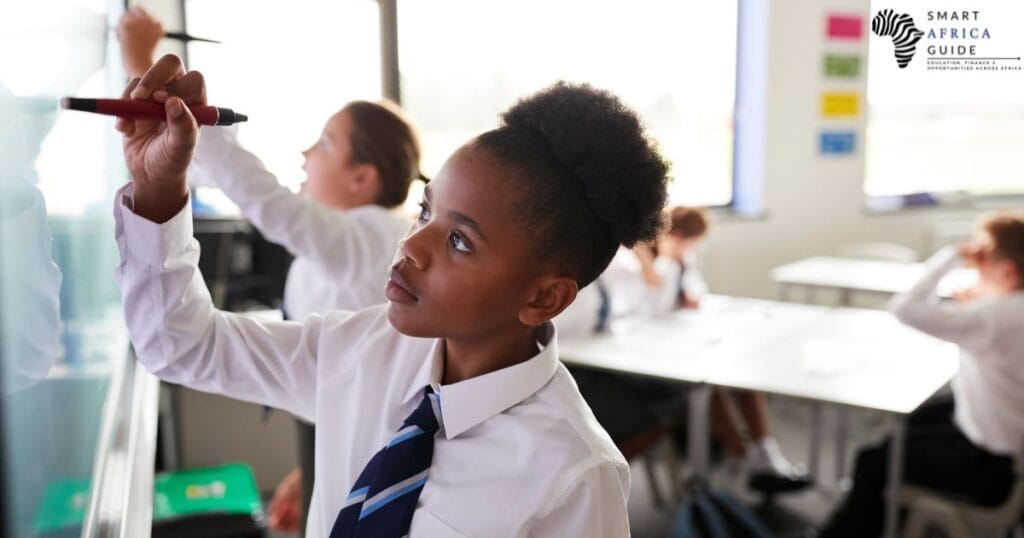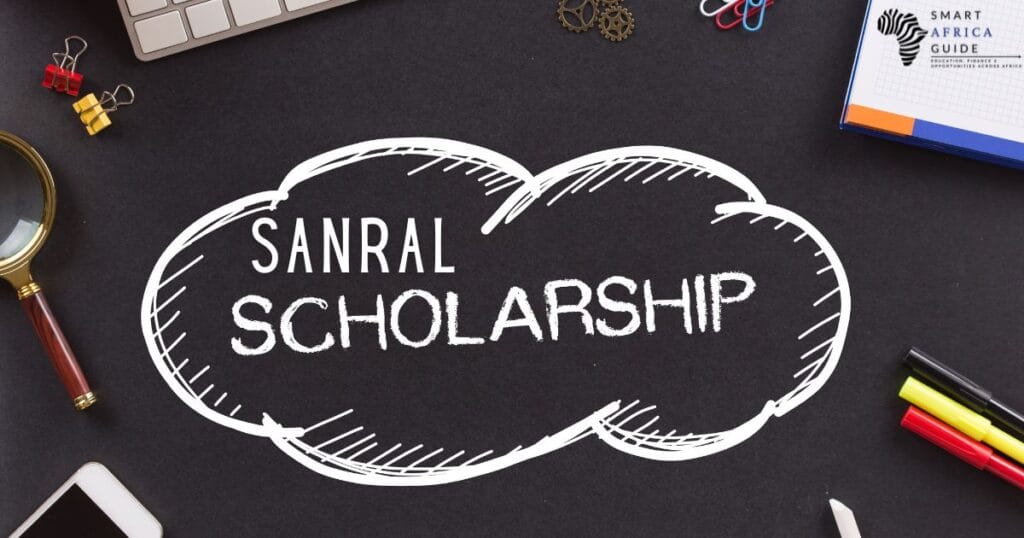Last updated on January 3, 2026
Have you ever wondered how young Africans with big dreams but limited means can unlock life-changing opportunities at top high schools? The Mastercard Foundation Scholarship for high school students might be your ticket—or your child’s ticket—to stepping into a classroom, a community, and a future that once felt out of reach.
Similar opportunities also exist through initiatives like the Allan Gray Orbis Foundation Scholarship and the Investec Bursary Programme, both of which empower talented learners from disadvantaged backgrounds to pursue quality education and leadership development across Africa.
This isn’t just about getting through high school. It’s about becoming the kind of person who gives back. Ready to learn how you can apply for this amazing scholarship? Let’s dive in.
Table of Contents
What is Mastercard Foundation Scholarship
The Mastercard Foundation Scholars Program funds secondary (high school) and tertiary education through partner organizations and schools. It is not a single, central application on the Foundation’s website; applications run through country or school partners that administer selection, funding, mentoring, and leadership activities.
Quick facts
- Covers select secondary and post-secondary tracks; PhD funding is not a focus.
- Partners include CAMFED, FAWE, and others across multiple African countries.
Who is eligible for Mastercard Foundation Scholarship
Selection balances merit, leadership, and verified financial need, with a long-standing emphasis on supporting girls and underserved learners. Expect clear expectations around academic conduct and school participation.
“You educate a man; you educate a man. You educate a woman; you educate a generation.”
Brigham Young
Typical baseline indicators
- Citizen or resident in the implementing country
- Strong academic record and teacher recommendations
- Demonstrated need (income verification, home visit checks)
- Leadership potential and community involvement
- Gender and regional inclusion goals (many partners prioritize girls)
Where it operates (partners and coverage)
The Foundation works through country partners and schools, not a single universal portal.
Notable partners supporting secondary education
- CAMFED (Ghana, Malawi, Tanzania, Zambia, Zimbabwe): secondary support plus safe transitions and system improvement work.
- FAWE (Rwanda): long-running national scholarship initiative for girls, with secondary-to-tertiary pathways.
Tip: Start with the official “Where to Apply” page and then jump to the listed in-country partner that serves secondary education. Details change by year and country.
What the scholarship covers
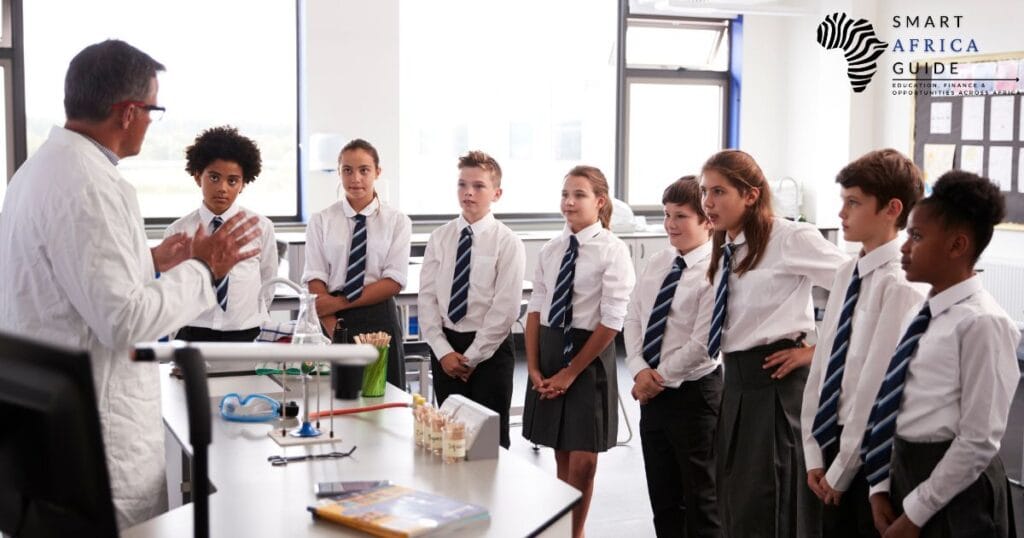
While exact benefits vary, secondary-level packages commonly include:
- Tuition and boarding (full or comprehensive)
- Uniforms, books, learning materials, exam fees
- Mentoring, leadership training, life-skills workshops
- Health and welfare support, sometimes travel assistance
These are consistent with the program’s model and partner descriptions for secondary access and transitions.
How to apply for Mastercard Foundation Scholarship (the practical route)
There is no single Mastercard Foundation application form for all high schools. Use this route:
Step-by-step
- Check “Where to Apply.” Identify the relevant partner for your country.
- Open the partner’s call. Look for a current secondary scholarship announcement (web post or PDF) with deadlines and forms.
- Prepare documents. School reports, recommendation letters, ID, and income evidence are standard. Some partners also do home visits.
- Submit on time. Deadlines follow national school calendars and can differ by district.
- Attend assessments. Shortlisted learners may do interviews, tests, or verifications.
Selection criteria (what screens applicants in)
The program’s published record shows a dual emphasis on academic promise and values-driven leadership, with meaningful gender inclusion. Partners often publish quotas or targets.
For example, some scholar intakes in the broader program specify 70% women at the tertiary level; secondaries maintain similar gender priorities through partners focused on girls’ education.
What strengthens an application
- Consistent grades relative to the school context
- Leadership roles (class, clubs, community service)
- Clear, authentic purpose statements
- Verified financial need (partner checks)
Keep it active (renewal and responsibilities)
Secondary scholarships typically renew term by term or yearly based on:
- Academic performance and exam attendance
- Behavior and attendance standards
- Active participation in mentoring or leadership activities
- Ongoing need verification when requested
This aligns with how partners manage retention and transitions within the Scholars Program.
Timelines (what to expect)
- Calls open: Once per year per partner, often aligning with national school calendars.
- Review & shortlisting: Partners conduct document checks and interviews.
- Verification: Some do home visits before final awards.
- Onboarding: Orientation, mentoring assignment, and supplies before term start.
These steps are documented across partner communications and the program’s historical practice.
Evidence of impact (why it matters)
The Scholars Program began with a strong focus on secondary access, particularly for girls. CAMFED’s 10-year evaluation in Ghana documents thousands of secondary scholars and positive medium- to long-term outcomes.
Outcomes partners highlight
- Improved completion and transition to higher education or work
- Leadership development and community service participation
- System-level improvements via teacher mentors and alumni networks
Country-by-country: how to start (mini directory)

Use this as a launchpad; always confirm the latest call on the partner’s site.
Ghana & Malawi — CAMFED
- Focus: girls’ secondary education, transitions to further study or work
- Start here: CAMFED partner page under Scholars Program; watch for national calls.
Rwanda — FAWE
- Focus: girls’ scholarships and secondary-to-tertiary pathways
- Start here: FAWE Rwanda scholarship program listings and notices.
For countries not listed above, begin at the official “Where to Apply” directory and filter by country or institution.
Application checklist (print-friendly)
Documents
- Birth certificate or national ID
- Recent school reports and national assessment results
- Teacher or head-teacher recommendation letter(s)
- Household income evidence (letters, statements, or local authority forms)
Readiness
- Clear personal statement on goals and community impact
- Contactable referees
- Copy of partner’s eligibility notes and deadline
Verification
- Be available for interviews, tests, or home visits if shortlisted.
FAQs
How is this different from university scholarships?
The Scholars Program spans secondary and tertiary levels, but secondary awards are delivered via local partners; there is no single all-Africa high-school application form on the Foundation site.
Can boys apply?
Yes. While many partners prioritize girls to close historical gaps, programs remain open to eligible boys; partner calls will specify any quotas or targets.
What if my country is not listed?
Check the official “Where to Apply” page for new or updated partners, and monitor reputable girls’ education NGOs operating in your country.
Does it cover everything?
Packages typically cover fees, boarding, uniforms, books, and mentoring; some include healthcare or travel. Check the exact benefits in each partner call.
Final guidance
Start from the official directory, shortlist your in-country partner, and work through their current call with complete documents. Strong grades help, but authentic leadership and verified need are decisive. Keep copies of everything, respond quickly to partner emails, and prepare referees in advance.
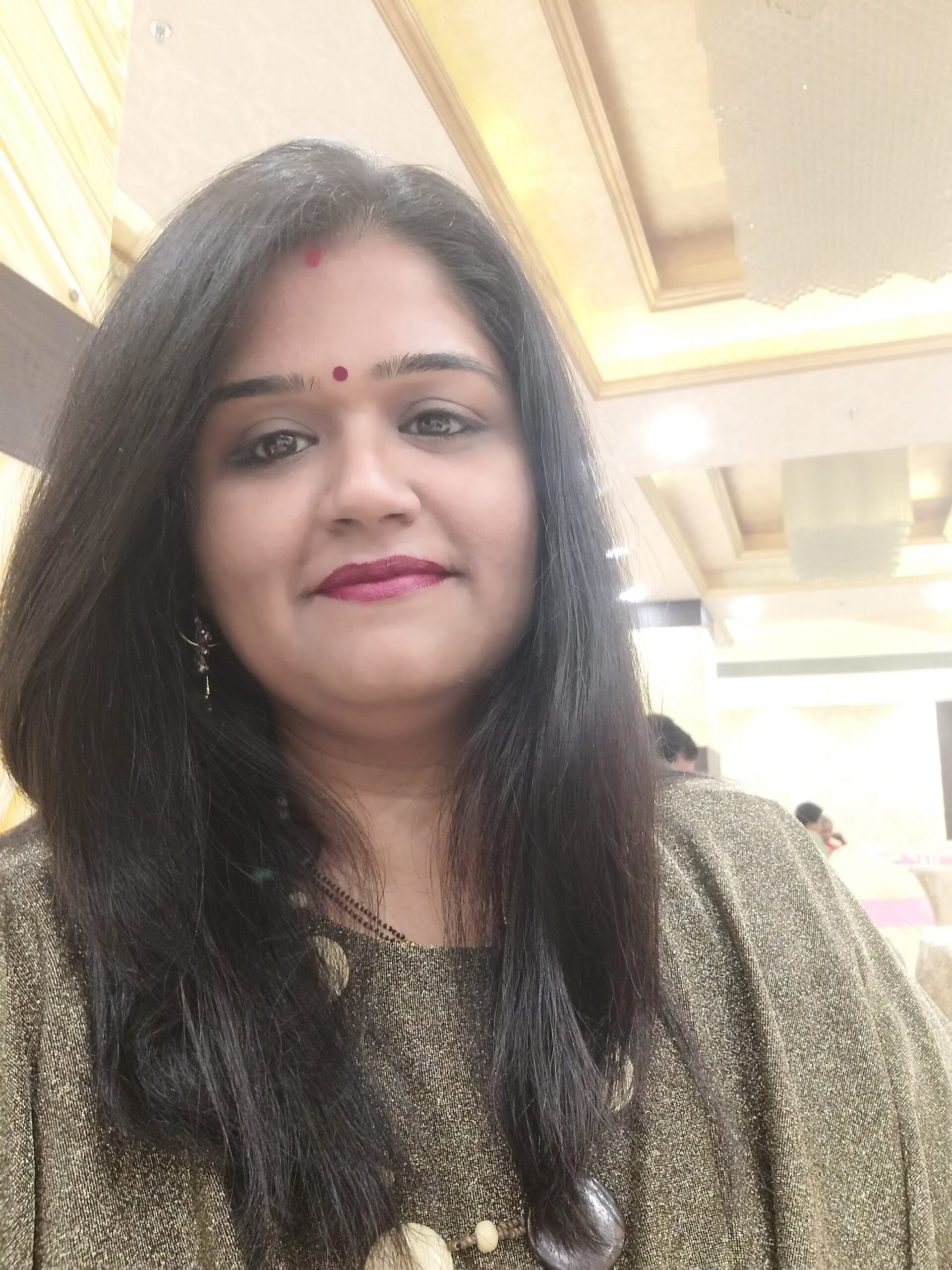
Varsha Asrani is a lecturer and education writer with experience as Visiting Faculty at AUPP and ATMC College, and as a Lecturer with TalentEdge and UpGrad. She is the Founder of the Asrani Institute of Education and Counselling. Varsha specializes in scholarships, e-learning, and career guidance for African students and professionals, and regularly visits Africa to gather first-hand insights that shape her research and articles.
